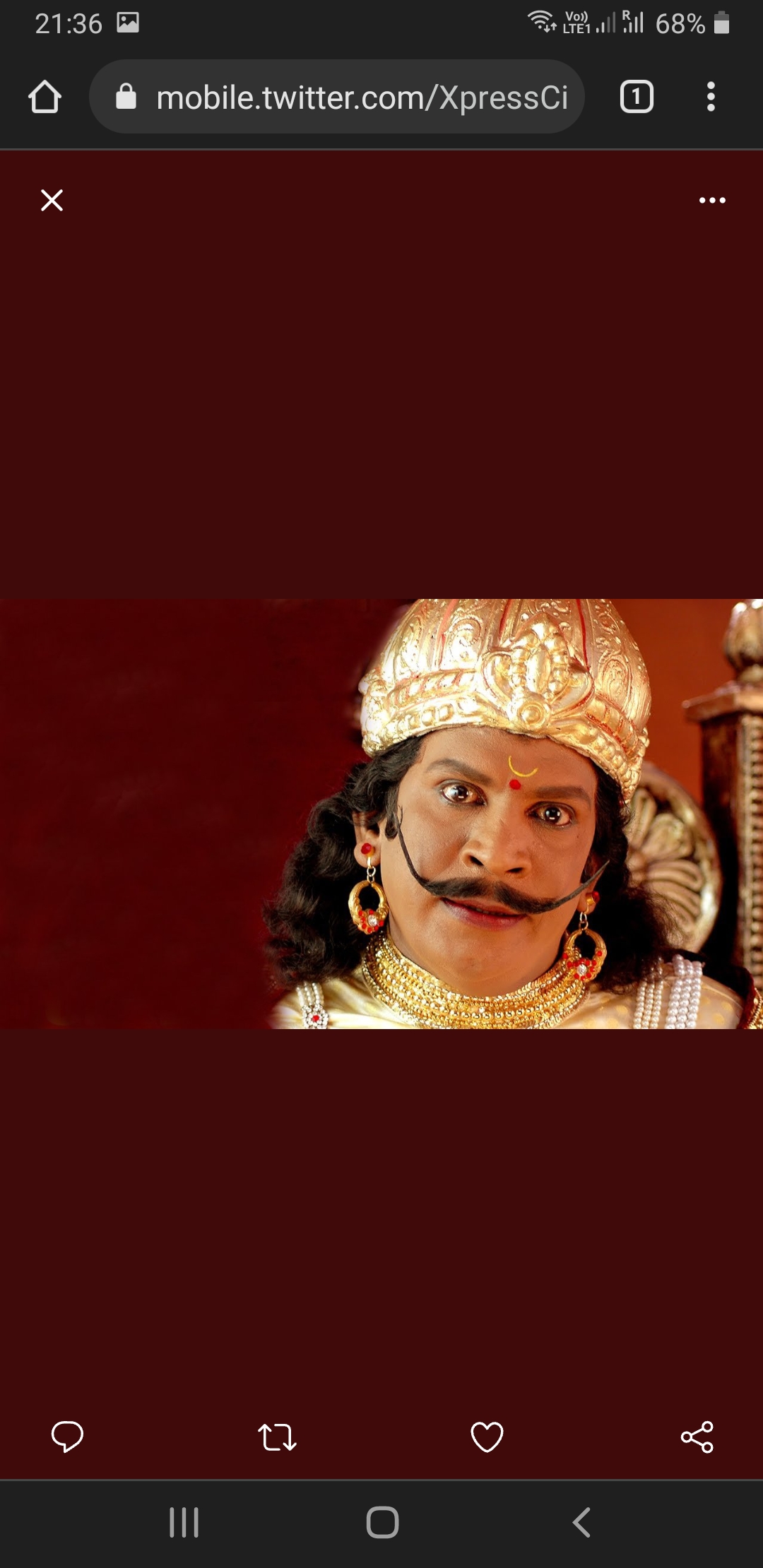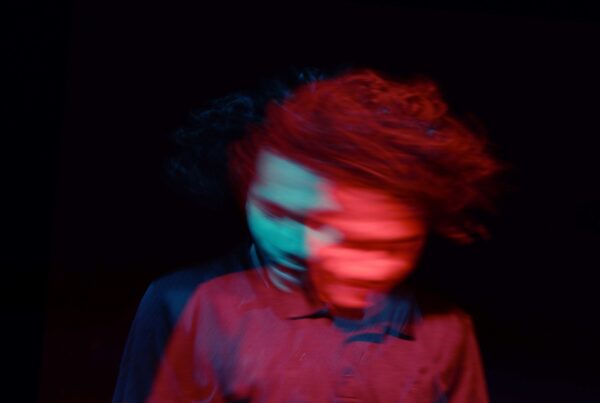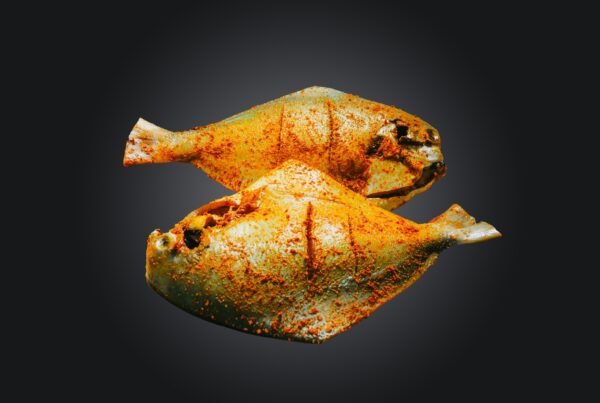Kasumani, the royal treasurer of Pallavapuram, stood at the centre of the king’s court. His eyes were downcast, and only the rhythmic heaving of his chest showed some semblance of life behind the thin veneer of feigned stoicism.
The monarch leaned back in his golden throne. He had an angular face, over which a flared-up nose in the shape of a bell pepper rested. Black eyes glinted furiously at the man standing like a statue before him. The awkward silence in the court grew deeper, so deep that Pulivaalu could hear his father’s contemptuous snort from the palace of Lord Indran. The thin strip of hair above his upper lip had defied gravity and began to creep up his brown scarred cheeks. Raising his right hand, the king twirled his moustache, as if telling it firmly – never let me down!
“How is this possible, Kasumani?” he thundered. A couple of startled crows that had perched themselves on the balcony looking for food crumbs took flight, flapping their wings noisily.
“It seems… it seems nobody is happy here anymore, Your Majesty!” the treasurer whispered in a voice so low that it failed to reach his own ears.
Pulivaalu clutched at the diamond-studded sceptre. His treasury was getting depleted at an alarming rate. He had to act fast.
The young man hailed from an illustrious family of brave warriors. His father had once chopped off the tail of a tiger during a fierce fight. The royal priest consulted his almanac and renamed the fledgling prince as Pulivaalu – tiger’s tail. In course of time, a beautiful princess entered his life. His joy knew no bounds. The birth of a bonny boy completed the family.
But things started to go southwards when the queen’s eyes fell on a pair of anklets. Designed by a new jeweller in the kingdom, the intricate designs had mesmerised her. She immediately ordered her maid to escort the man to her chamber. The situation wouldn’t have escalated, had the king not entered her room unannounced one sunny afternoon. He realised with a sinking feeling that the anklets had been the last thing on the queen’s mind. In a fit of fury, he banished his unfaithful wife and her lover. He holed up in his room and sulked for a month. When he emerged from his self-imposed exile, he hissed like a cat denied its share of full cream milk. He deemed joyous festivals a waste of one’s precious time.
After his death, Pulivaalu the Second ascended the throne. Vowing to uphold the legacy of his morose father, he ordered happy people to pay taxes, either in gold coins or in the form of food grains. On the other hand, people befallen by tragedy would receive money from the treasury. The ‘Happiness Tax’ enforced on his subjects soon earned him the sobriquet Manassorvu Arasan – The King of Melancholy.
Pulivaalu dismissed Kasumani with a wave of his left hand, who slithered away like a scared-to-death lizard, thanking the pantheon of Gods and Goddesses for saving his skin.
An attendant entered the court and bowed before the king.
“Your Majesty! A scholar from Chozhapuram seeks audience with you. Her name is Thamarai.”
*****
The woman brought her hands together in a Vanakkam and took her seat opposite Pulivaalu in his guest chamber. She was dressed in a cotton yellow saree. Occasional strands of silvery grey peeped out through her black hair, which she had tied into a neat bun. Her back was straight, and her posture indicated she wasn’t intimidated by the presence of a monarch.
What could be her age? Pulivaalu wondered. Though her round face showed no traces of the faintest wrinkle, he was convinced she was not a day below fifty. A wandering minstrel would have waxed eloquent about those almond-shaped eyes, describing them as the vast expanse of a deceptively calm ocean, unfathomable in its depth. But to his already taxed mind, they presented a genuine predicament. To tax or not to tax subjects like her.
“O Wise Lady! To what do I owe the honour of your visit?” Pulivaalu broke the silence, shrugging off his unease.
“Your Majesty. I am a scholar. I have traversed through our great Tamilakam in pursuit of knowledge. Meditated on the banks of the divine Kaveri. Given discourses on religion in Madurai. Debated with kings on strategy and warfare. Finally, I reached your kingdom. And I must admit, I was intrigued by what I saw.” Thamarai spoke in a monotonous tone.
Pulivaalu waited for an emotion to flash across her deadpan face that could answer his nagging question, but none was forthcoming. Even the greatest of the sages were known for their fiery temperament, he reasoned with himself. She was, after all, just a human.
Unmindful of the rampaging bull she had let loose in his mind, Thamarai continued. “I have seen men and women dancing in abandon when the first droplet of rain hit their bodies. Likewise, at the death of a beloved one, fat tears gushed out from the dams of their eyes, displaying a wanton disregard for the people gathered around them. But here? It was as if an umbra had made your kingdom its own. I sat under the Kino tree near the Amman temple, observing quietly. Soon, a woman approached me. We got talking. I came to know about your strange tax system. I decided I will not leave Pallavapuram without having a word with you.”
Thamarai paused. Her eyes bore into his. Pulivaalu could sense the innards of his stomach trying to break free from the countless knots it had tied itself into. She seemed to be a harmless woman. Yet he, Pulivaalu the Second, the king of Pallavapuram, was trying desperately to avert her penetrating gaze. Why should he? He was an independent monarch and owed no allegiance to any other ruler. He was free to make his own rules for his subjects. But something about what she had uttered bothered him. But try as he might, he couldn’t put his finger on it. Maybe it was his exhausted mind playing tricks on him.
“O Learned Scholar! It is my utmost privilege to partake of your wisdom,” Pulivaalu said.
Thamarai didn’t demur. For a fleeting moment, Pulivaalu wondered if it was arrogance, and whether he should tax her heavily for it.
“God has bestowed you with enough courage, but withheld intelligence and common sense.”
Pulivaalu opened his mouth to say something but decided to let her speak. Was it the way she conveyed her thoughts without fear or remorse?
“I am surprised you didn’t see it coming,” Thamarai continued. “The people pretended to be sad, so that they could receive aids from the treasury. As a result, the influx of taxes slowed down. Your subjects are cleverer than you.”
Pulivaalu got up in a swift motion and hollered, “Halt! I have given you enough respect. But for what? So that you could insult me in my own palace?” He clapped twice. A guard appeared with a spear in his hand.
“Throw this woman in prison!” he barked.
As the guard caught hold of her hand, Pulivaalu glared at her. But the same sense of discomfort enveloped him. Thamarai didn’t look scared at all. Neither did she attempt to fight back. Of what stuff was she made of?
Pulivaalu strode towards the window overlooking the garden. Two parrots were whispering sweet nothings to each other. Was it a figment of his imagination or did they fly away on spotting him? Were even the birds scared to be happy in his kingdom?
Perhaps that woman was right!
*****
The life-size portrait of Pulivaalu the First scowled at his son, as he wrapped a big strip of dirty cloth around his mouth. He had discarded his silk veshti. In its place was a cotton weather-beaten one. The words of Thamarai still rang in his ears. He had to find the truth. For the first time in his life, he doubted his intelligence.
No! He had to do this himself. He could trust nobody now.
*****
Moonbeams peeked through the cloudy skies, making its journey slowly through the tiny window of the prison. One could hear the faint stirring of a leaf in the breeze. Thamarai sat on the floor, cross-legged. Her eyes were closed, and her lips moved in an inaudible prayer. Occasionally, she interrupted her meditation, took a piece of charcoal, and scribbled something on the damp walls. Then, stifling a yawn, she flung the piece far away. She perked up her ears when she heard the sound of the key twisting inside the lock. However, she remained seated. If she was going to be free, her face didn’t betray any sign of relief.
A guard came in. “Your Majesty has ordered your release. You are directed to meet him before you leave our kingdom.”
Thamarai followed him to the guest chamber of Pulivaalu. He was dressed in a simple veshti and had covered his face.
“So you went incognito?” she murmured. The tone was condescending, as usual. By now, the king was used to it.
Pulivaalu nodded his head. “As soon as I exited my chamber, I could sense my father’s disapproval.”
“Dead people do nothing of this sort,” Thamarai interrupted. Pulivaalu resisted the urge to call the guard again.
“I roamed the streets freely. Hiding behind a bush, I overheard a man telling his wife that he had received his share of the wealth from the kingdom. The woman squealed in delight. But the next moment, she spoke in a sad voice about spending that money for their son’s education. They had practiced the art of melancholy seamlessly. I couldn’t believe what I was hearing. I then walked to the temple. The house of the priest was adjacent. I could hear him complain in a tearful voice that his fifteen-year-old daughter wasn’t getting decent marriage proposals. Of what use were the grants he received for being distressed?”
“No wonder you are known as Manassorvu Arasan!” Thamarai declared.
“Do you know what happened to my father?” Pulivaalu whispered in a soft voice.
Thamarai nodded. “That doesn’t give you the liberty to tax happiness. I am sure your mother was not the only woman in his life. Why this hypocrisy then? The royal families have far more secrets than that of their subjects combined together. But they should remain hidden from the public. You have one job. To govern well.”
“I will abolish the ‘Happiness Tax’ with effect from tomorrow.”
Pulivaalu looked at her. For someone who had just admonished a king for his unjust governance, she didn’t deem it fit to shower some praise on him for setting things right. It was then he realised what had been nagging him for so long.
Likewise, at the death of a beloved one, fat tears gush out from the dams of their eyes, displaying a wanton disregard for the people gathered around them. How did he fail to detect this? This was not a normal woman he had been conversing with. She was different. Somehow different. She didn’t feel an iota of empathy for the bereaved. She equated crying in public with nuisance. Maybe that was the reason why she was also aloof with the king. Whether it was a member of the royal family or a commoner, it didn’t bother her one bit. She was learned, no doubt. But emotions had somehow taken a backseat in her quest for wisdom.
Pulivaalu cleared his throat. “I apologize for putting you through such misery, O Wise Scholar.”
“I didn’t find prison intimidating at all. In fact, I kept myself busy,” Thamarai responded.
“I am not surprised anymore at your behaviour. But I am curious to know this. How did you pass the time?”
“I got an idea for a book. I will go to Poompattinam, sit on the banks of the Kaveri, and begin to work on my manuscript there.”
“You have got me intrigued.”
Thamarai brought her palms together. “Farewell, Your Majesty! I will depart now. You will rule well. Of that, I’m sure.”
“Wait! You haven’t yet told me about your idea. Is it about …… ?”
“The damp walls of the prison will tell you that.”
With that, she left his palace. Pulivaalu stood there for a moment. Then, gathering his sceptre, he rushed to the place where she had been kept captive. He squinted his eyes, adjusting himself to the darkness. Then taking the flambeau from the attendant, he looked around. A lopsided smile formed on his lips. Did she really mean it? Had she been really confident of his turnaround? He would never know. Under the flickering flame, the inky words danced, as Thamarai would have put it, in abandon.
Inbarasan – Irendaam Pulivaalu. The King of Happiness – Pulivaalu the Second.
Glossary:
Indran – King of the Gods
Vanakkam – A form of greeting
Tamilakam – The geographical region inhabited by Tamils. Covers modern day’s TN, Kerala, Puducherry, Lakshadweep, southern parts of Andhra & Karnataka
Amman – Goddess
Veshti – An unstitched cloth wrap for the lower body
P.C –
Google Images. It is the poster of the hit Tamil comedy film ‘Imsai Arasan – 23am Pulikesi’ starring comedian Vadivelu.





Beautiful. Couldn’t keep my phone down. Such an intelligent idea , penned effectively. And a strong moral great!
Marvellous story, Narayani.